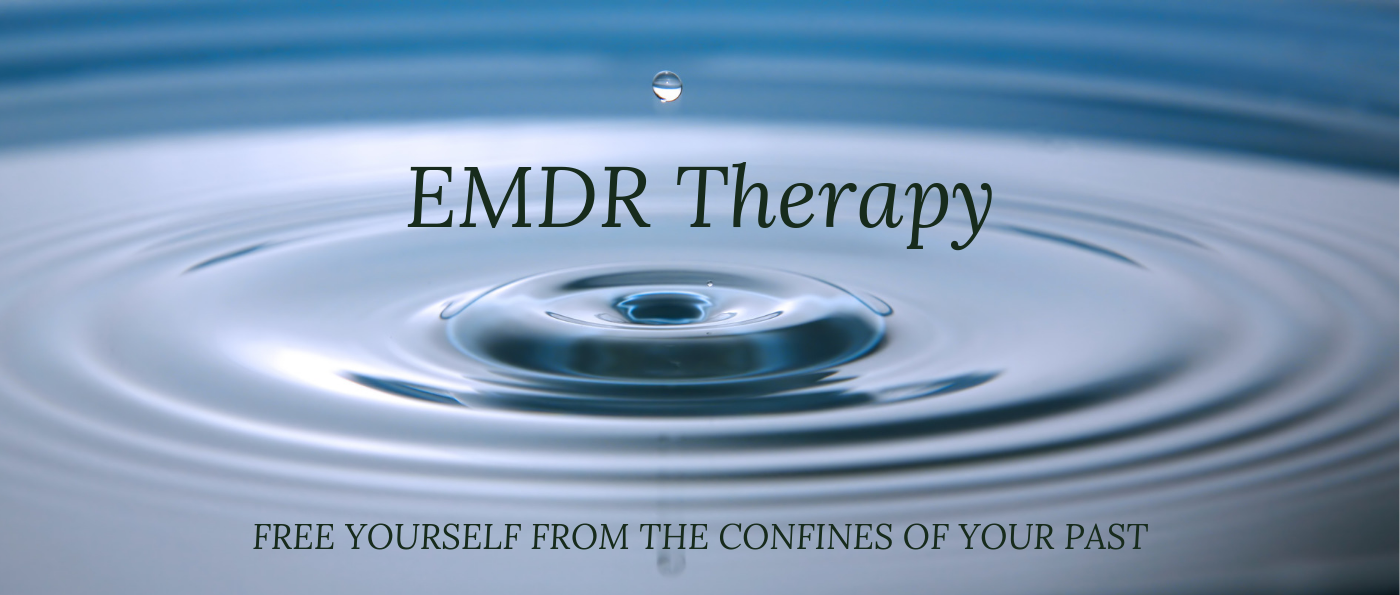Trauma Therapy Arkansas EMDR
Trauma Therapy Arkansas
Has A Traumatic Experience Left You Feeling Helpless Or Unsafe?
- Are you struggling with disturbing memories, nightmares and flashbacks?
- Do you feel ashamed of what happened and wonder if you are to blame?
- Do you fear being alone but also find it difficult to trust others?
- Have you been struggling with depression, anxiety and/or panic attacks?
- Do you feel angry, irritable and unable to control outbursts?
- Are you suddenly overwhelmed by memories or sensations related to something you thought was long over?
- Are you unsure if what happened was traumatic, but know that you are finding it difficult to cope?
- Do you wish you could heal from the past and move forward in your life?
- Do you feel frozen in place, unable to take charge of your life?
- Do certain triggers, such as a particular location or smell, cause you to physically or emotionally relive the trauma?
- Are you struggling to process and move past distressing or painful memories?
- Do you wish you could take control of your emotions, stop reliving trauma and learn to relax?
If you answered yes to any of these, you may be experiencing the effects of unresolved trauma.
Trauma is any event that overwhelms your ability to deal with difficult emotions, memories or stress in the moment. Time alone does not heal all wounds. While physical injuries may heal, the passage of time by itself cannot eliminate the negative aftereffects of a trauma. What causes trauma for one person, however, may not be traumatic for another. You may have suffered a car accident, illness, loss or betrayal that has left you feeling stuck and unable to move forward. Maybe you experienced neglect, abuse or a natural disaster as a child that you were never able to process. As you recall painful events, your brain and body enter a state of hyperarousal, perceiving a threat and preparing to freeze, fight or flight.
When you are unable to process a traumatic event in a healthy way, it can seep into every aspect of your life, including your career and relationships. The perception that you are unsafe can interfere with your ability to relax, leaving you too overwhelmed to focus or keep up with professional responsibilities. Perhaps you struggle to connect with and trust others and feel as though you are always second-guessing yourself or your emotions. You might worry that your struggles mean you are suffering from post-traumatic stress disorder (PTSD), even though you thought that was something that only affected soldiers and veterans. You may want to feel a greater sense of calm, safety and control, but feel lost and unsure of where you can turn for information, resources and support.
Fill out the form to
Book an Appointment
Everyone Experiences Trauma
We all experience different degrees of trauma in our lives. While we can resolve some trauma quickly, other events can linger unprocessed in our memories. You may be struggling to adapt to a new culture or responsibilities following a difficult or unexpected career change. Or, an illness, accident or crime may have left you feeling unsafe and constantly on edge. Maybe you lost a loved one or feel isolated in your relationship due to a distressing breach of trust. You may feel trapped in a pattern of relationships that repeat emotional, verbal or physical abuses you suffered as a child. Not all stresses lead to trauma, but all traumatic experiences are stressful. Trauma can impact your self-esteem, your ability to focus and even your physical health.
Fortunately, there is hope. Trauma therapy can give you the resources and skills you need to recognize why you are struggling, take control of difficult or distressing thoughts and foster a sense of calm and safety.
Find Relief With Trauma Therapy
While you can’t rewrite your history, you don’t have to let it continue affecting your life. You can learn to neutralize triggers and find relief from obsessive, avoidant or hyperaroused behaviors. Trauma therapy can help you view the traumatic event from a healthier perspective. When you have your symptoms and challenges validated, you can see that your physical and emotional reactions are natural responses to your experience and feel confident that you are not broken or damaged. We offer a safe space where you can feel connected and supported as you develop practical tools and skills as you work toward lasting relief.
During our initial therapy sessions, we will take the time to discuss your experience in a secure setting and at a pace that you are comfortable with. A traumatic event represents unfinished business, and lingering confusion, doubt or fear can cause a lack of sleep, anxiety, compulsions and, in some cases, substance abuse. We will work together to build a trusting relationship in which you can recognize why you are struggling and learn to neutralize painful triggers. You can learn breathing and relaxation techniques, such as diaphragmatic breathing or progressive relaxation, to help recognize and relieve trauma symptoms. With trauma therapy, you can process your experience in a healthy way and move forward with a greater sense of emotional and physical wellbeing.
One of the techniques we offer is EMDR Therapy – Eye Movement Desensitization Reprocessing. This trauma treatment helps people deal with and heal from experiences that have caused emotional trauma. This can be “big” trauma such as violence, assault, severe accidents, or “smaller” traumas emotional hurts, fears or other situations or circumstances that are distressing to people.

Why EMDR Therapy?
Disturbing events often stay with us. One moment can become frozen in time; images, sounds, smells and feelings can feel as if they are happening in the present, as though the threat never really ended. These memories have a lasting negative effect and can interfere with how you see the world and relate to others. They can also interrupt your ability to engage in the present moment, sustain trusting relationships, concentrate in the workplace and fulfill daily tasks, including self-care.
Intellectual and emotional processing occur in different areas of the brain. Even though you may know that you are “okay,” that is not necessarily how you feel. You may know that you are “good enough,” “safe enough” and “smart enough,” but feel “different,” “vulnerable” and “stupid.” EMDR helps connect what you know to what you feel. This allows the brain to process past experiences and begin to heal.
EMDR has positive effects on how the brain processes information. It helps people let things go. Following an EMDR session, you can find that you no longer relive the trauma. While you can still recall that the incident happened, the incident will longer upset you or disrupt your ability to live a fulfilling life.
Numerous studies show that with EMDR therapy people can experience the benefits of psychotherapy much quicker than with only talk therapy. It has been believed that severe emotional pain requires a long time to heal. EMDR therapy shows that the mind can heal from psychological trauma in the same way the body recovers from physical trauma. When you cut your physical body, it works to close the wound. However, if there is something remaining in the wound, it irritates it, festers and causes pain. Once the block is removed, healing resumes.
But, you may still have questions or concerns about trauma therapy…
Many individuals fear they may lose control or become overwhelmed by painful memories. But, in my experience, you will quickly find that the opposite is true. As we discuss the event that caused the trauma, it becomes less frightening and you can feel more empowered. You will still have the memory, but it won’t have the pain or fear attached. Talking through your challenges in trauma therapy can help you feel calmer and more in control of your life.
Trauma can be very difficult to address on your own. You may not have had the skills or information you needed at the time to process the event. But, when you are committed to recovery, you can start to feel a sense of relief after our very first session.
Trauma can leave you feeling so overwhelmed and unsafe that you can’t focus or carry on with your personal and professional obligations. You may worry you don’t have the skills you need to process the event, and the thought of going through the pain alone can leave you confused and uncertain. In trauma therapy, your therapist will offer you the guidance, resources and support you need to move through the healing process and foster calm in your life.
You Can Feel Calm And Safe
You can move through trauma and find calm and safety in your life.
If you are ready to begin you healing from trauma, contact us now.
Anxiety Therapists In Arkansas









© 2025 Brookway Counseling - All Rights Reserved


